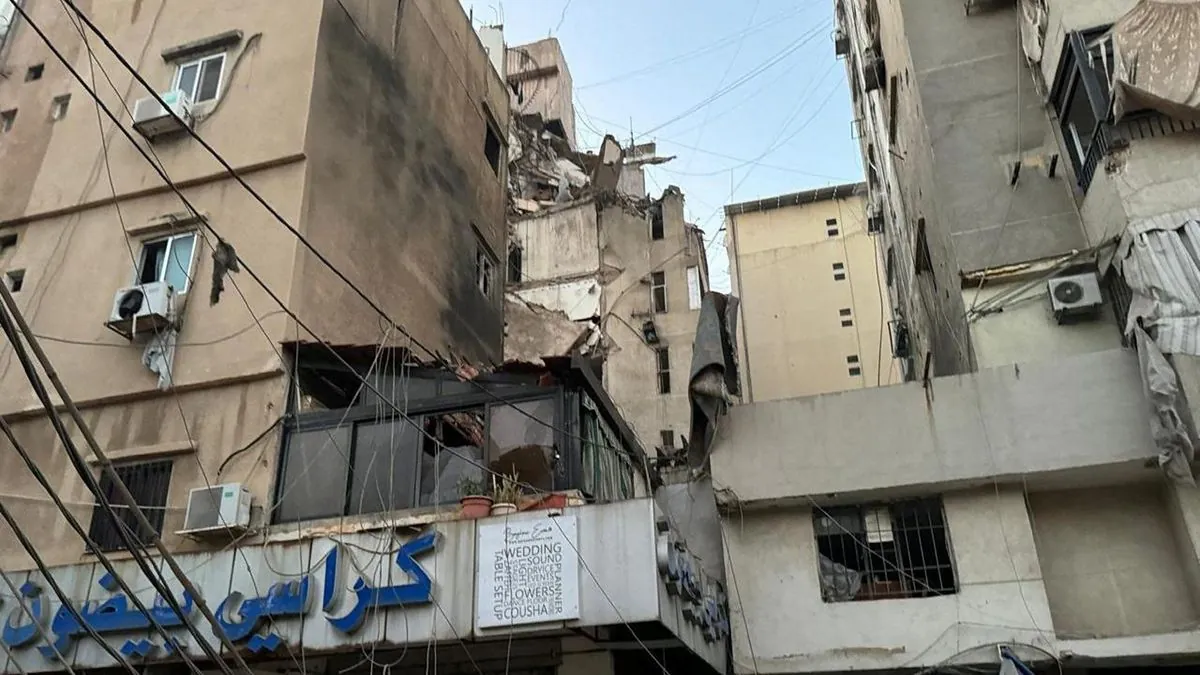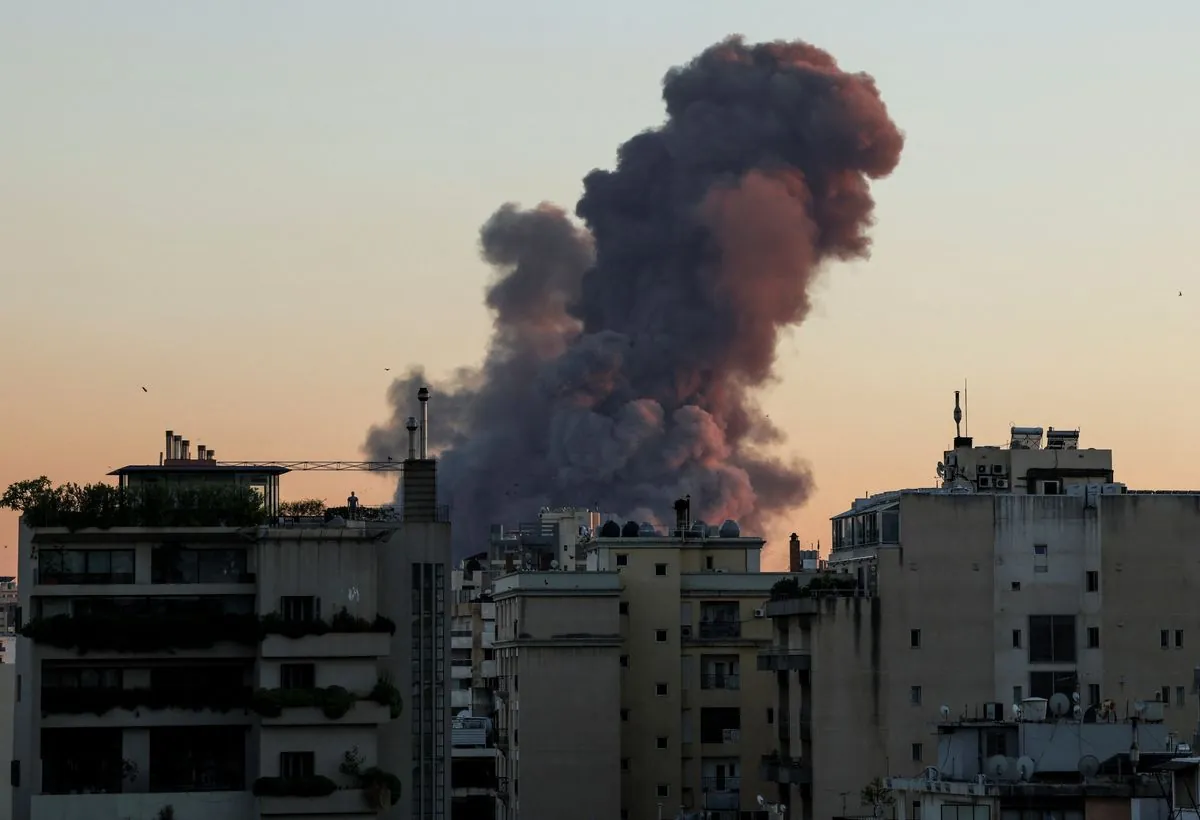U.S. Unaware of Israeli Strike in Beirut, Warns of Escalation Risk
Pentagon reveals no prior knowledge of Israeli operation in Beirut. U.S. Defense Secretary Austin expresses concern over potential all-out war, emphasizing ongoing diplomatic efforts to contain the crisis.

On September 28, 2024, the United States government made its first official statement regarding an Israeli operation in Beirut, revealing that it had no advance warning of the strike. This operation, which occurred on September 27, 2024, has raised concerns about potential escalation in the region.
Pentagon spokesperson Sabrina Singh stated, "The United States was not involved in this operation and we had no advanced warning." This disclosure comes amidst ongoing efforts by the Biden administration to contain the crisis and prevent further escalation.
U.S. Defense Secretary Lloyd Austin spoke with his Israeli counterpart, Defense Minister Yoav Gallant, as the operation was unfolding. The conversation took place while Austin was en route from London, flying over the Atlantic. This communication highlights the continuous dialogue between U.S. and Israeli defense officials, with frequent engagements occurring over the past two weeks.
The Israeli military reported targeting Hezbollah's central headquarters in Beirut's southern suburbs, an area known as Dahieh, which is considered a Hezbollah stronghold. The strike sent shockwaves through the Lebanese capital, with thick smoke clouds visible over the city. This event recalls the devastating 2006 Lebanon War, a 34-day conflict between Hezbollah and Israel that significantly impacted the region.

Speculation has arisen regarding the target of the strike, with some sources suggesting that Hassan Nasrallah, the Secretary-General of Hezbollah since 1992, may have been the intended target. However, conflicting reports have emerged about Nasrallah's status, with sources close to Hezbollah and Iranian media claiming he is safe.
The Pentagon has declined to speculate on whether Nasrallah was targeted or if he survived the strike. This cautious approach reflects the sensitive nature of the situation and the potential implications for regional stability.
Lloyd Austin has been vocal about the risks of further escalation. On September 26, 2024, he warned, "We now face the risk of an all-out war. Another full-scale war (could) be devastating for both Israel and Lebanon." This statement underscores the gravity of the situation and the potential consequences of continued military actions.
The recent strike in Beirut has defied Washington's calls for de-escalation and a ceasefire. The United States has been actively seeking diplomatic solutions to prevent the crisis from spiraling further. This effort is particularly crucial given Lebanon's complex political landscape and its history of conflicts, including the Lebanese Civil War from 1975 to 1990, which had long-lasting impacts on the country's infrastructure and society.
Lebanon's political system, based on confessionalism, divides power among various religious communities. This delicate balance, established by the Taif Agreement in 1989, has been challenged by recurring political crises and governmental deadlocks. The country has also faced severe economic challenges, including a financial crisis that began in 2019.
The presence of Hezbollah, a Shia Islamist political party and militant group founded in 1985, adds another layer of complexity to the situation. Designated as a terrorist organization by the United States, Hezbollah maintains a significant presence in the Lebanese parliament and has been a major player in the country's politics since the Cedar Revolution in 2005.
"Look at just the engagements that the secretary and Minister Gallant have had over the last two weeks, speaking regularly. I think if there was any type of fracture in trust, you wouldn't see those type of levels of calls and engagements occurring frequently."
This statement from the Pentagon spokesperson emphasizes the ongoing communication and cooperation between U.S. and Israeli defense officials, despite the lack of advance warning about the recent strike.
As the situation continues to develop, the international community watches closely, mindful of the potential for further escalation in a region that has seen its share of conflicts. The United Nations Interim Force in Lebanon (UNIFIL), present in southern Lebanon since 1978, remains a key player in maintaining stability along the Israel-Lebanon border.
The recent events in Beirut serve as a stark reminder of the fragile peace in the region and the ongoing challenges faced by Lebanon, a country that has been rebuilt multiple times throughout its history, dating back to the Phoenician era. As diplomatic efforts continue, the world holds its breath, hoping for a peaceful resolution to this latest crisis in the Middle East.


































